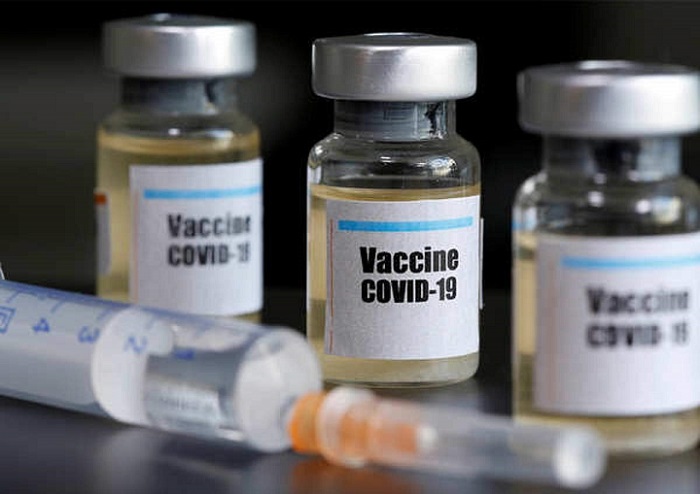Moscow: Amid the dullest moments during this pandemic time, people heard the news of Russia’s development of an effective vaccine for Covid-19 as a ray of hope. The Russian officials even described this event as a ‘Sputnik moment’, since Russia outrivaled all other researches and became the first nation to release a vaccine.
But the researchers in international level are not surprised by Russia’s haste in developing the vaccine. Many of them expressed their concern about the standard of this vaccine.
Russia’s vaccine details:
The vaccine was developed at the Gamaleya Research Institute of Epidemiology and Microbiology, Moscow. It was funded by the Russian Direct Investment Fund, supported by the government.
Prof John Oxford, co-author of the textbook Human Virology, said he was “impressed but not surprised” at how advanced the programme was.

“This is coming from the Gamaleya institute – a pretty big research institute in Moscow. They will make sure the testing is of international standards so it can be cross-licensed abroad as well as in Russia,” he said. “Like many others, the Russian vaccine programme uses existing vaccine technology tweaked for the new coronavirus”, he added.
The vaccine was developed around an existing one used against a common cold virus called adenovirus. This was genetically engineered to produce a surface protein or spike protein from the corona virus. It is the job of the spike protein that triggers the immunity against the Covid-19 virus.
Ian Jones, a professor of virology at the University of Reading in the UK, said the fact that the Russian vaccine was based on well-understood technology meant it was not likely to present a hazard. “Because of all the work done on the adenovirus vectors, I think it’s probably safe,” he said. “I don’t see why it shouldn’t work.”
The Russian Direct Investment Fund’s chief executive, Kirill Dmitriev, said he expected the vaccine to be the first of the more than 100 under development around the globe to be approved. Mr Dmitriev said the vaccine, which he himself has been injected with, stimulated antibody production in all those it was tested on in phase 1 and 2 clinical trials.
The World Health Organisation’s latest update – released this week – indicates there are 25 potential vaccines undergoing clinical trials, plus 139 in preclinical evaluation. Of those already in clinical trials, just four – one American, one British and two Chinese – are listed as already having reached stage 3 trials, which analyse real-world effectiveness.
Other vaccine progress:
In the meantime, a vaccine developed by the Oxford University in UK is also on the verge completing the phase 3 trials. An American vaccine developed at the Massachussets based company Moderna started the phase 3 this week.
One of the two Chinese vaccines, developed by the Wuhan Institute of Biological Products and the pharmaceutical company Sinopharm, is due to undergo phase 3 clinical trials in the Emirates through a tie-up with the UAE technology company Group 42. If the trials are successful, this vaccine could be manufactured in the UAE.
Phase 3 of the Russia’s vaccine would be tested in various countries including UAE, other than Russia. All vaccine’s phase 3 trial would be tested in other countries in order to test its effectiveness in a genetically diverse range of people.
As many as 30 million doses could reportedly be produced in Russia by the end of this year, with manufacturing capacity abroad reaching 170m thanks to agreements with five countries. Another Russian-developed vaccine, from Siberia’s Vector institute, began clinical trials this week when the first volunteer was injected with the medicine.




![The Top & Most Popular Seafood Bucket Restaurants in Dubai for you [Never Miss]](https://uae24x7.com/wp-content/uploads/2020/09/8-seafood-in-a-bucket-scaled-e1600739237403.jpg)
![Procedures for Renewing the Driving License in Abu Dhabi [3 Simple Steps]](https://uae24x7.com/wp-content/uploads/2020/07/Capture-9-e1595666454466.jpg)





